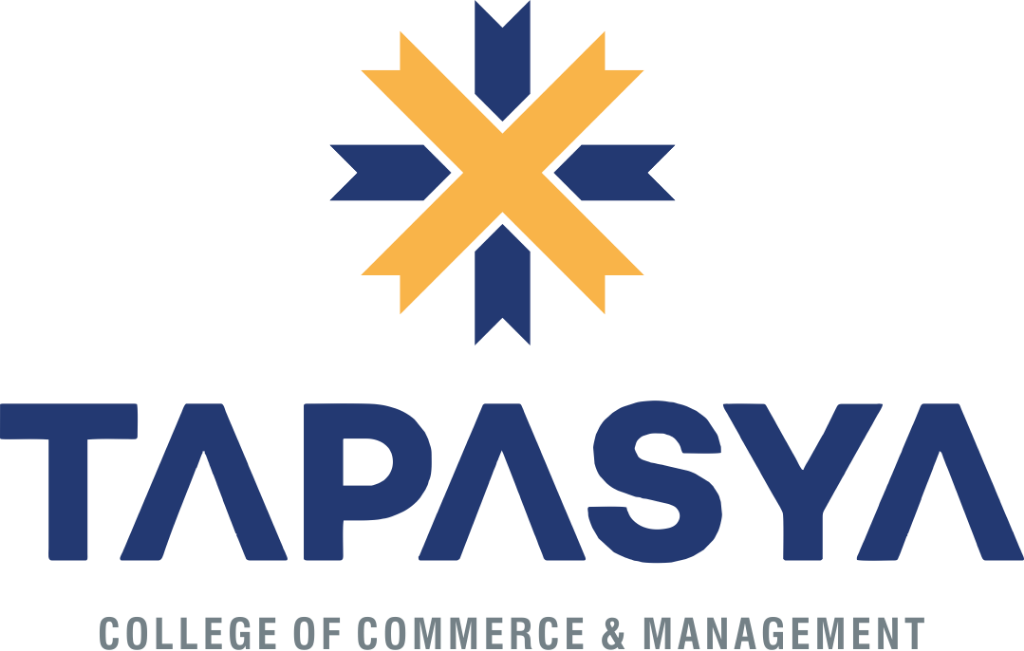
CLAT - Mock Test Papers - 2024
CLAT Mock Test 2024:
Candidates preparing for CLAT 2024 exam are advised to take the help of CLAT 2024 mock tests for best preparation. Mock test of CLAT 2024 is a great way to get a feel of the actual entrance exam. Students by attempting the CLAT 2024 mock test will get a detailed view of how the exam will be conducted, what kind of questions will be asked, the marking scheme of the exam, time management etc. Careers360 has also released an exclusive CLAT mock test series 2024 for candidates preparing for the exam. Taking the free mock test for CLAT 2024 can help candidates to assess their preparations for CLAT 2024.

CLAT Volume - 2
CLAT 2024 Syllabus
It is crucial for candidates appearing for the CLAT exam to understand the syllabus so that they can appear for the exam with complete preparation. Candidates can also refer to the CLAT 2023 for an idea about the topics covered in the exam. As mentioned above, there are broadly five different sections asked in the exam. Every section in the exam carries equal weightage and the information about the same is shared below.
To check the syllabus and exam details for the other government exams, candidates can visit the linked article.
CLAT Syllabus 2024 – Section-wise Distribution of Questions
|
Subjects |
Number of Questions |
Marks |
|
English Language |
28-32 questions |
28-32 |
|
Current Affairs, including General Knowledge |
35-39 questions |
35-39 |
|
Legal Reasoning |
35-39 questions |
35-39 |
|
Logical Reasoning |
28-32 questions |
28-32 |
|
Quantitative Techniques |
13-17 questions |
13-17 |
|
Total |
150 |
150 |
Based on the CLAT 2023 syllabus, students can get a fair idea about the section-wise details of the CLAT exam for the undergraduate level exam 2024. The pattern is based on the format of comprehension-type questions. In the exam, candidates will be assessed based on multiple-choice type questions, which will be asked from the comprehension passages made available for the candidate.
Candidates should read each section of the comprehension passage to answer the questions correctly. Candidates should also expect diagram-based questions in the area of maths and logical reasoning.
CLAT exam syllabus – What To Study?
Candidates can refer to the tips shared below to understand what they should study for each section in the CLAT exam.
English language:
Candidates will have to answer comprehension passage-based questions drawn from fiction and non-fiction writings and test the ability to draw conclusions and identify the candidate’s strength relating to the meaning of words and phrases.
Aspirants must note the following aspects of the English language section:
- Passages of about 450 words will be provided
- Passages will be derived from contemporary or historically important fiction and nonfiction writing
- Each passage will be followed by questions to evaluate the following skills and abilities of candidates related to the passage:
- Comprehension and language skills
- Ability to comprehend the main point, arguments and viewpoints
- Ability to draw inferences and conclusions
- Ability to summarise the passage
- Compare and contrast the different arguments or viewpoints
- Understand the meaning of different phrases and words
General Knowledge
Candidates should expect static general knowledge questions and current affairs from various news, journal sources, and non-fiction writing as a part of general knowledge in CLAT exam syllabus. In addition, it is recommended that candidates study newspapers and relevant sources about arts and culture, contemporary events, historical events, and more.
Aspirants must note the following aspects of the Current affairs section exam:
- Passages of about 450 words will be given
- Passages will be obtained from news, journalistic sources and another non-fiction writing
- Questions may try to examine the legal information or knowledge given in or related to the passage
- Candidates need to show their awareness of various aspects of current affairs and general knowledge, including:
- Arts and Culture
- International affairs
- Historical events of continuing significance.
- Contemporary events of significance from India and the world
Legal Reasoning
Candidates should expect questions based on factual situations and scenarios which involve legal matters and public policy. Therefore, it is necessary to understand the bare acts of the Indian Constitution and refer to various newspapers and websites for information about legal matters.
For legal reasoning, aspirants must note the following:
- Passages of about 450 words will be provided
- Passages pertaining to “fact situations or scenarios” involving legal matters, public policy questions or moral philosophical enquiries may be asked
- Questions on the passage may require candidates to:
- Identify and infer the rules and principles
- Apply such rules and principles to various fact situations
- Understand how changes to the principles may alter their application to various fact situations
Logical Reasoning
Passages will be based on puzzles, diagrams, arguments, and more. The section will aim to assess the candidate’s ability to understand premises and draw conclusions, analyze patterns of reasoning and apply new inferences across situations. Candidates can expect passage related question of around 300 words.
Questions related to the passage will require candidates to:
- Identify an argument, its premises and conclusions
- Critically analyse patterns of reasoning, and assess how conclusions may depend on particular premises or evidence
- Infer what follows from the passage and apply these inferences to new situations
Quantitative Techniques
The section aims to test the candidate on various facts and propositions, textual, pictorial, and diagrammatic representation of numerical data, and more. In addition, it is necessary to study ratios and proportions, introductory algebra, and menstruation in this area.
As per the CLAT syllabus 2023, at the post-graduate level, candidates should prepare for topics from criminal law, administrative law, company law, and more such issues. Therefore, this paper will have only one section which will not be descriptive. A total of 100 questions will be asked and each question will carry one mark.
The CLAT exam at both levels will be conducted for 2 hours in offline mode and a penalty will be levied for each incorrect answer for 0.25 marks.
For the best preparation strategy for competitive exams, candidates can visit the linked article.
Furthermore, candidates looking for the latest exam updates, study material and preparation tips, can visit Tapasya for assistance.